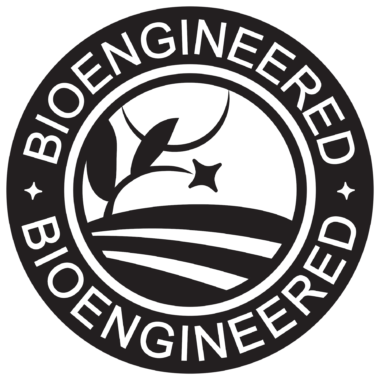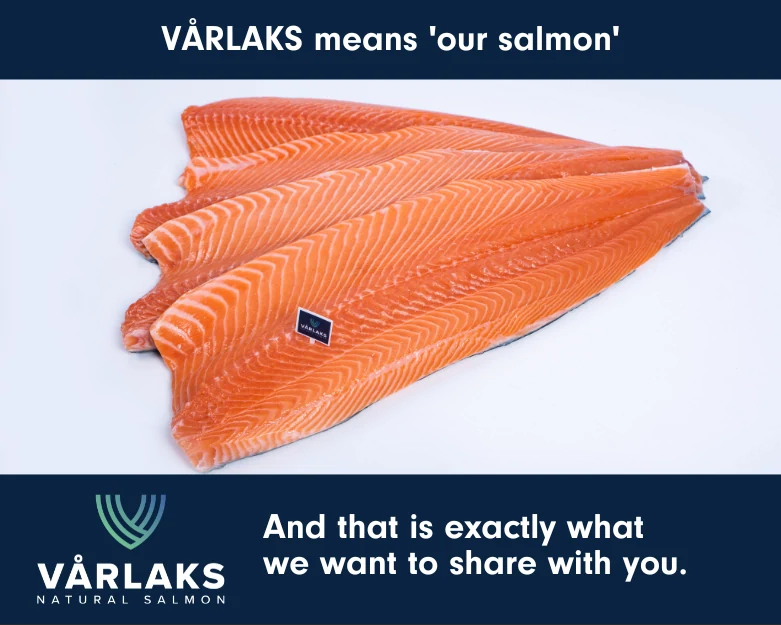A “bioengineered” logo on non-genetically-modified farmed Atlantic salmon products may inadvertently lead American consumers to conclude the fish is GMO even if it’s not, due to a little-known United States Department of Agriculture (USDA) rule that took effect this year.
Such was the case with one consumer that brought the matter to the attention of SalmonBusiness recently.
The consumer emailed SalmonBusiness a photo of a packaged Atlantic salmon product that was “ocean-raised in the natural fjords of Chile,” as the label stated, yet it carried USDA’s “bioengineered” logo.
“What’s going on here?,” the consumer asked.
This journalist asked the same question to AquaBounty, the company that introduced the first genetically modified animal – the AquAdvantage salmon – into the US food supply chain.
“This is not our salmon. We are the only firm that farms our GE [genetically engineered] salmon,” replied David Conley, AquaBounty’s director of Corporate Communications. “Because the product is a ‘prepared’ entre, there must be ingredients that are GE.”
On Monday, the product’s distributor, High Liner Foods, confirmed with SalmonBusiness that the Atlantic salmon is not GMO. “The ingredient of concern to us was actually the maltodextrin because it was coming from GMO corn,” said Jessica Camua, senior manager at High Liner Foods’ regulatory division for North America.
“USDA’s bioengineered standard disclosure regulation requires that if you have one or more ingredients that’s from a GMO or bioengineered source as defined in the regulations, you need to disclose that, either as wording on the package, a logo, an electronic link or, even, as a text message sent to you. We chose to use the logo,” said Camua.
Per the USDA, prepared foods that contain the following bioengineered ingredients, or certain varieties of these foods, should be disclosed:

Alfalfa
Apple
Canola
Corn
Cotton
Eggplant
Papaya
Pineapple
Potato
Salmon (AquAdvantage®)
Soybean
Squash
Sugarbeet
Camua is not surprised about the inquiry and she expects similar questions to arise because the regulation is quite new. The standard was implemented in phases beginning January 1, 2020, but compliance became mandatory on January 1, 2022.
“So, you may start to see that on a lot of packaging now of products that contain bioengineered ingredient or bioengineered food. So far we haven’t had too many inquiries about it, but we’re keeping track of some comments that we can bring forward to the government,” said Camua, adding that the USDA is working on an initiative to educate consumers about it.
Emails to the product’s manufacturer, C. Wirthy & Co, weren’t returned as of the time of publication.









